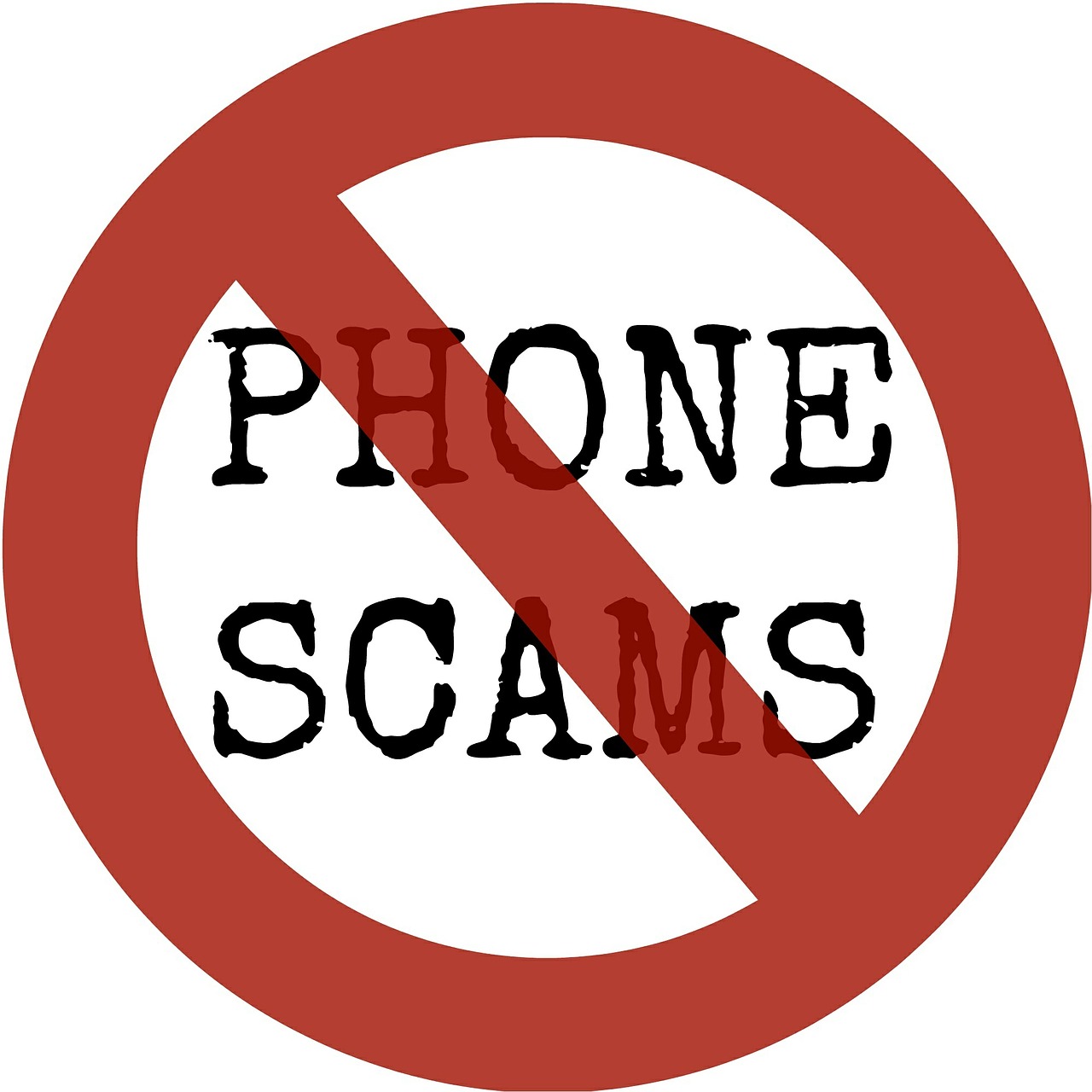Imagine a frantic call in the middle of the night. The caller on the other end of the line claims to be your grandchild or their friend, or maybe even a member of law enforcement or an attorney. They tell you there is an emergency and inform you that they need money right away to keep your loved one out of a terrible situation – maybe to keep them out of jail or to repair their broken down vehicle or to get them home from a foreign country. And of course you would want to help your loved one! But is it really your grandchild? There’s a good likelihood that it isn’t. It’s probably a Grandparent Scam.
If you get a call like this, it is very important to take time to stop and assess the situation. Don’t let your emotions override your logic.
- Ask questions of the caller that only your grandchild would know – family birthday’s, precious memories, or names of family pets are good examples. With the prominence of social media, it’s very easy for someone to have your grandchild’s name and even details about their life so make sure to choose information that wouldn’t be readily available on Facebook or other social sites.
- Tell the caller that you will have to call them back and see what they say. If they are trying to scam you, it’s likely that this will be the end of the call.
- Try to contact your loved one directly. If you can’t reach them, try calling another family member to validate the caller’s claims.
- Don’t give your credit card number to anyone over the phone.
- Don’t send a wire transfer unless you are 100% sure that your loved one is truly in need. Unlike a check, you can’t stop payment. Once the money is picked up, it is gone and impossible to trace because the scammers use fake identities when they pick up the money.
If you find that you have been scammed, contact the money transfer service immediately to report it. If the money hasn’t been picked up yet, you can probably still retrieve it. If it has, then you’re out of luck. You can also file a complaint with The Federal Trade Commission by visiting http://www.ftc.gov or calling 1-877-382-4357.
Visit our resource page for victims of fraud for more tips and helpful links.



